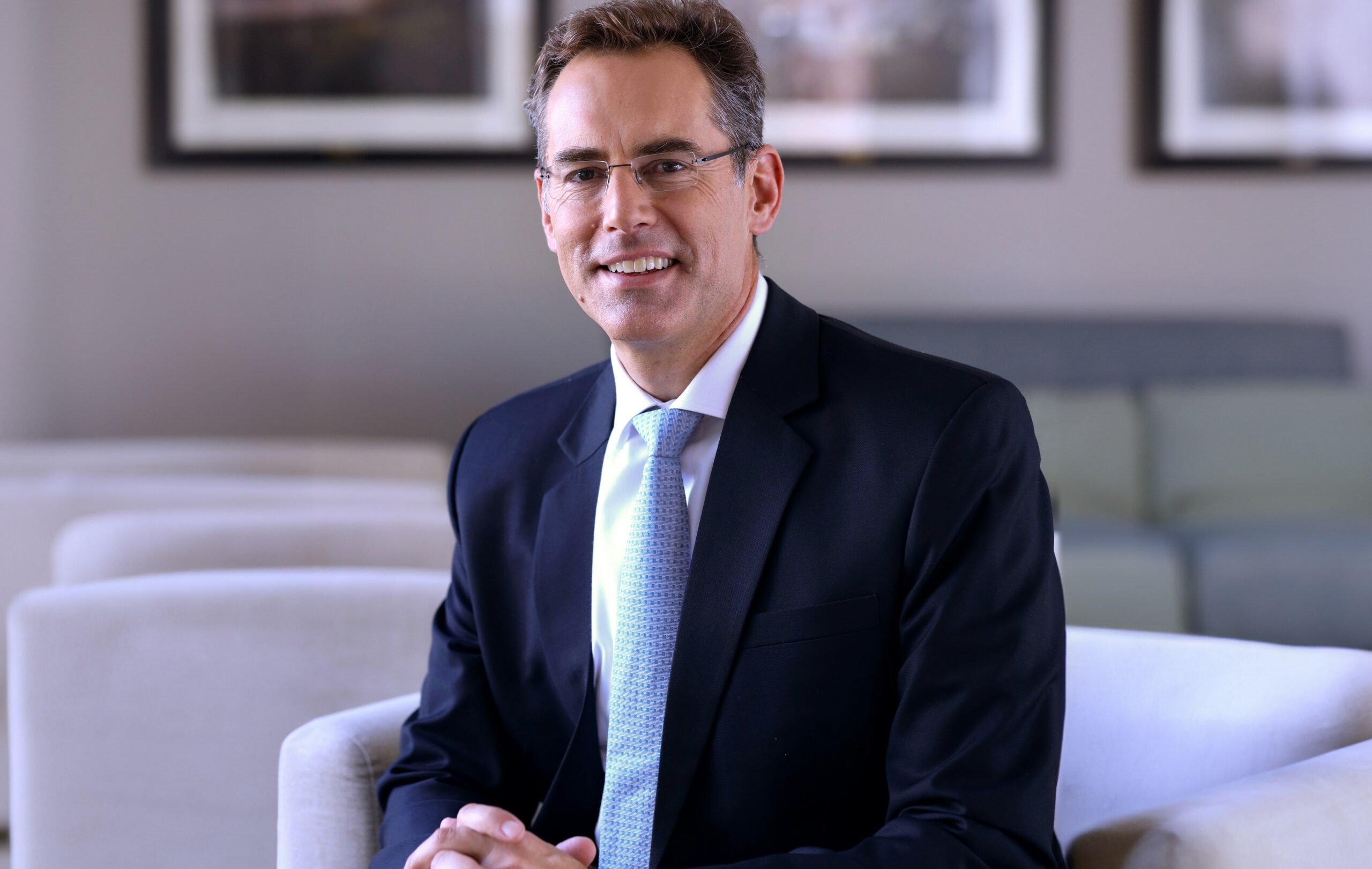There are so many reasons Africa is the growth capital of the world.
The continent’s competitive advantages include a young population, abundant mineral wealth, fertile land and a growing renewable- and distributed-energy sector, says Bill Blackie, CEO of Business and Commercial Banking at Standard Bank, while addressing delegates at the recent inaugural Standard Bank Business and Commercial Banking Conference held in Cape Town, South Africa.
“GDP growth is not the only reason to be positive about Africa’s future,” he explains at the opening plenary of the conference.
Other reasons to be optimistic, he said, include the continent’s vast resources, and particularly those resources needed for producing renewable-energy infrastructure, such as cobalt, manganese, lithium and copper, as well as the fact that 60% of Africa’s population is below the age of 25.
The inaugural conference drew over 200 delegates from all over Africa, including the 20 countries where Standard Bank has a footprint. The theme of the conference was ‘Africa Unlocked: Unlocking Africa’s Growth’.
Loading...
Blackie highlights the structural shift in many African economies away from agriculture and extractive industries, to manufacturing and trade sectors.
“Our goal at Standard Bank is to meet the needs of small- and medium-sized enterprises (SMEs),” he says, “and to partner with them, so that they can realize their growth potential.
Harnessing renewable energy’s potential
Lungisa Fuzile, Group Head: Public Policy and Regulation and Regional Chief Executive of the South & Central Region, says renewable energy is a massive economic opportunity that Africa needs to harness.
“Over half of cobalt reserves in the world are found on our continent,” he says. “Mining the minerals needed for solar panels and wind turbines will generate significant revenue and raise the living standard of millions of people. But to realize this potential, we need to forge more meaningful partnerships.”
Acknowledging the infrastructure deficit that exists in Africa, Fuzile says he is nevertheless hopeful that the continent could leapfrog its competitors by playing to its advantages.
“The WEF says that by 2040, Africa can switch to 76% renewable energy if we embrace hydro, solar and wind power.
“Africa can be a beacon of hope and opportunity for its 1.2 billion inhabitants if it seizes these opportunities, which include having the world’s most fertile arable land.”
Seismic geopolitical shifts
While acknowledging Africa’s strategic advantages, Standard Bank Group chief economist Goolam Ballim points out the backdrop against which global seismic shifts are occurring.
“We are shifting from a world of moderate multilateralism towards geopolitical confrontation and fragmentation,” he says. This is evident in the U.K.’s withdrawal from the European Union, the advent of BRICS and BRICS+, and a spreading emphasis on insular, domestic issues alongside rising populism in countries such as Brazil and the U.S. and across Europe.
“Politically, there is a growing tilt away from democracy to illiberalism,”
“And, in trade, we are transitioning from globalization to regionalism. In economic terms, power is shifting from the West to the East,” Ballim comments, highlighting the rising importance of China.
“On the technology front, the digital world is experiencing an accelerating race into the unknown, catalyzed by artificial intelligence, quantum computing, the Metaverse, and immersive-reality technologies.”
On the positive side, Ballim says it is encouraging that dirty energy is now making way for cleaner, renewable energy.
“Although the momentum behind renewable-energy projects initially came from Western countries, today it is increasingly driven by China, which produces most of the world’s wind turbines and photovoltaic panels.”
Achieving consistent economic growth is a challenge for many African countries, including South Africa, whose growth rate for 2024 is projected at 1.1%, says Ballim.
“We are seeing multispeed economic growth in sub-Saharan Africa, with some countries growing consistently, others accelerating, and still others lagging behind.”
Regional integration is key to Africa’s growth
On the topic of regional integration, more efforts are needed to advance agreements such as the African Continental Free Trade Area (AfCFTA), says Fuzile.
“We can unlock Africa’s growth only by focusing on more regional integration”, he adds.
The 44 member countries of AfCFTA have committed themselves to the elimination of tariffs on most goods and services over the next decade, creating a single, liberalized market.
“We need to reduce barriers to capital, facilitate investment and develop regional infrastructure if we want to achieve the sustainable and inclusive future for Africa that we envisage.”
As for SMEs, Blackie says Standard Bank is committed not only to providing the necessary finance to help them grow, but also to sharing knowledge and lending support.
“We are dedicated to supporting entrepreneurs at every stage of their journey – whether they are starting, managing or growing their businesses. We want to understand businesses better so that we can help them form new partnerships and sharpen their competitive edge.
“In this way, we aim to continue our 161-year track record of building multigenerational wealth on the continent.”
Despite her enormous mineral wealth, the biggest resource that Africa possesses is human potential, Blackie concludes.
“We are confident that by investing in businesses and people, prioritizing regional integration, capitalizing on the digital revolution and adopting new approaches to agriculture, we can unlock Africa’s growth.”
Loading...
